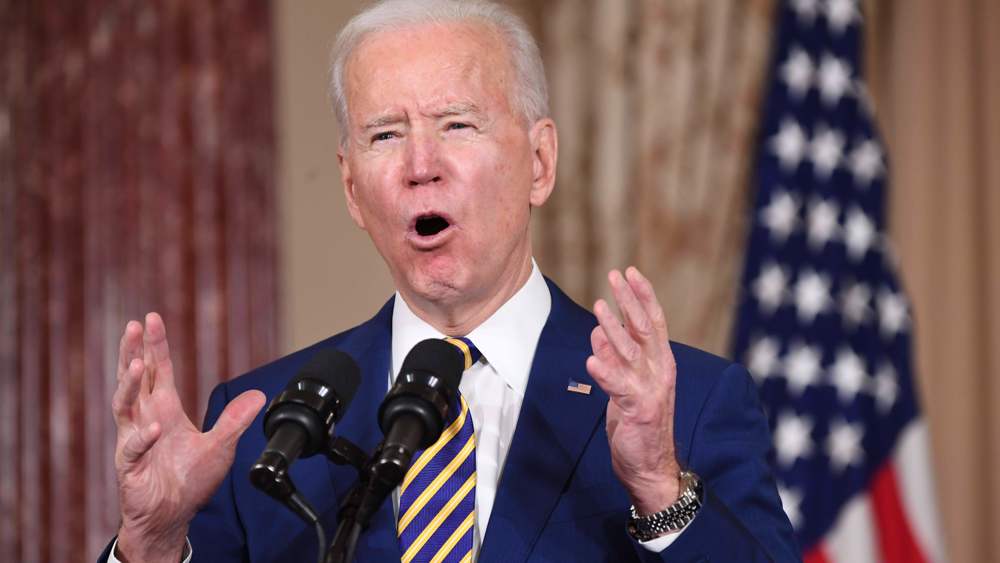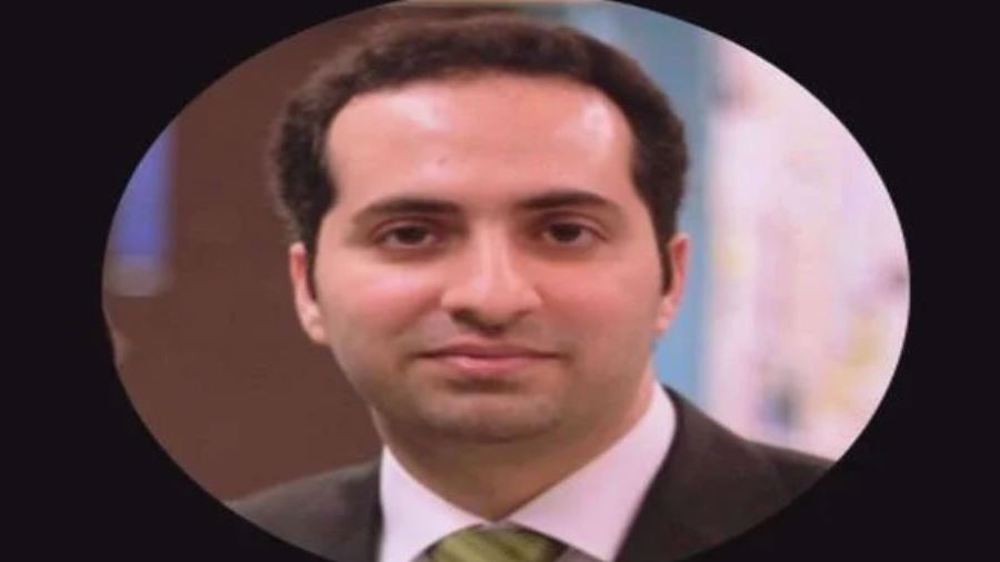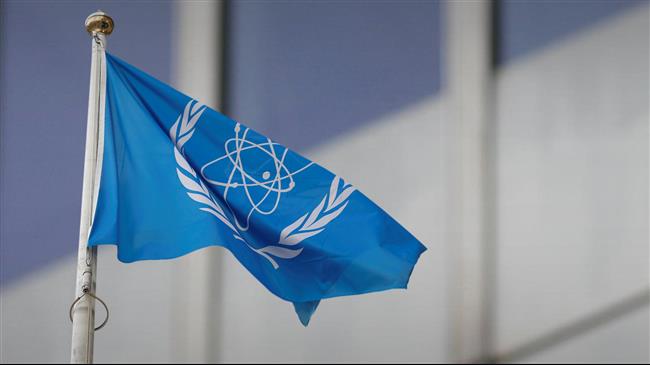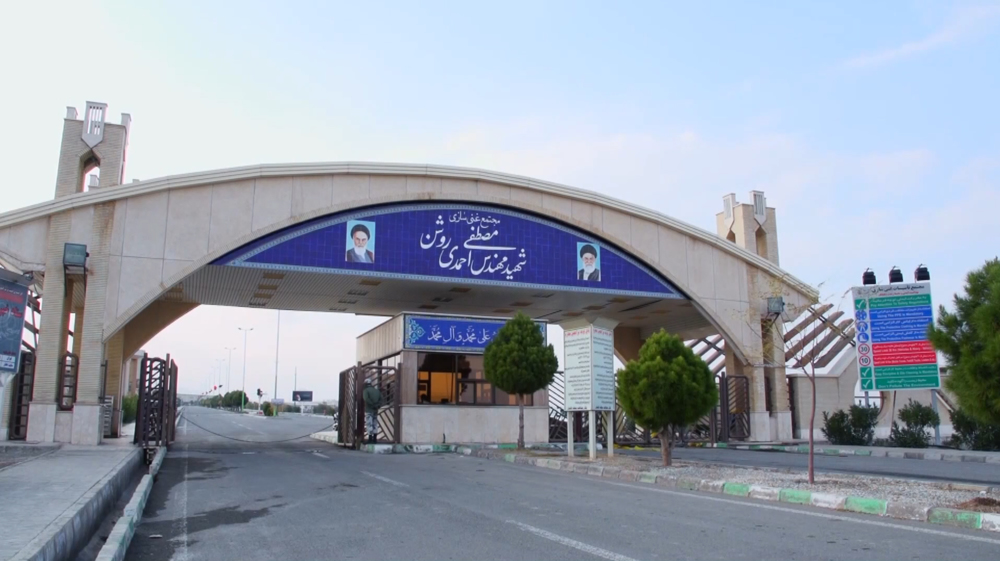Biden administration ‘lacks courage of convictions’ to return to Iran nuclear deal: Analyst
The administration of US President Joe Biden is hesitant to return to the original provisions of the 2015 Iran nuclear deal because it is “captive to political infighting” in Washington, says Dennis Etler, an American political analyst who has a decades-long interest in international affairs.
In an interview with Press TV on Wednesday, Etler, a former professor of Anthropology at Cabrillo College in Aptos, California, said that if the Biden administration really seeks to return to the Iran deal as it claims, then it should immediately lift all sanctions imposed on Iran by the administration of former US president Donald Trump.
“The Biden regime lacks the courage of its convictions. It says it wants to return to the JCPOA but it is captive to political infighting in Washington. Hence it puts domestic political considerations before its international obligations and seeks to alter the framework of the JCPOA to placate the objections of its political opponents in Congress,” Etler said, using an abbreviation to refer to the Iran deal.
“There are also hawks in his own administration that want to see the JCPOA amended to better suit US hegemonic objectives in the Middle East. Thus, the Biden foreign policy team is hesitant to do the right thing and unconditionally suspend sanctions and return to the agreement’s original provisions,” he said.
“If, as it says, the new administration in Washington wants to return to the JCPOA, it is incumbent upon them to immediately lift all sanctions illegally applied to Iran subsequent to the US withdrawal. That is demanded by logic and normal diplomatic procedures. Iran has pledged that once the US does that, it will return to full compliance,” he added.
The analyst further stressed that it was the United States that unilaterally withdrew from the landmark nuclear deal and therefore it is obligated “to unilaterally fix it.”
The Biden administration’s position that Iran must take the first step in reactivating the agreement and return to “full compliance” with the deal “makes no sense,” he said, adding that such a demand puts the onus on Iran rather than the United States.
It is an irrefutable fact that Iran was in full compliance with the JCPOA and the Additional Protocol to the Non-Proliferation Treaty (NPT) Safeguards Agreement when the United States withdrew from the agreement and imposed illegal sanctions on the country, Etler said.
However, the three European signatories to the multilateral nuclear agreement decided “to play a waiting game and sit on the sidelines rather than actively combat the intransigent activity of the United States in escalating their non-compliance,” he said.
Therefore, “Iran had no recourse other than to slowly disengage, in an incremental manner, from the provisions of the JCPOA.”
Iran announced it had stopped the voluntary implementation of the Additional Protocol, which allowed the International Atomic Energy Agency (IAEA) to carry out short-notice inspections of the country’s nuclear facilities, as of Tuesday morning, following a deadline set by Tehran for the removal of US sanctions.
However, Iranian Foreign Minister Mohammad Javad Zarif has said Iran will continue to implement its commitments under the NPT Safeguards Agreements and cooperate with the IAEA.
The halt came under the Strategic Action Plan to Counter Sanctions, a law passed by the Iranian Parliament last December.
The legislation set February 23 as a deadline for the Iranian government to further scale back compliance with the JCPOA if the US does not lift its sanctions against the Islamic Republic.
The withdrawal from the Protocol adds to Iran’s previous steps away from the nuclear deal in response to the US’s unilateral withdrawal in 2018 and the other parties’ failure to fulfill their commitments.
Elsewhere in his remarks, Etler said that it is Iran’s legitimate sovereign right to pursue and develop nuclear technology and thus, it has agreed to the provisions of the JCPOA in good faith.
“Iran’s stance towards the JPOA is principled and disciplined. It is the US that has wavered and acted in an unprincipled fashion. Biden must show leadership and return to the JCPOA in the face of domestic political obstacles. If he does, the door will be open for further dialog between Iran and the signatories to the JCPOA,” he said.
The Biden administration has indicated willingness to rejoin the JCPOA, but it has been dragging its feet on taking any meaningful measure to undo the former US administration’s wrongdoings.
It has conditioned the US’s return to the nuclear accord on Tehran’s resumption of the commitments it has suspended under the JCPOA.
However, Tehran says it will retrace its nuclear countermeasures only after the US lifts its sanctions in a verifiable manner.
Trump unilaterally withdrew the US from the nuclear accord in May 2018 and launched what he called a “maximum pressure” campaign against Iran, which failed in the face of Iranian resistance.
Dozens detained, several wounded in Israeli raids in West Bank
‘Ethnic cleansing’: Hamas blasts Israeli attacks on Gaza hospital amid intl. silence
Saudi delegation meets HTS leader at presidential palace in Damascus
Relentless Israeli ceasefire violations justify need for self-defense: Lebanese MP
Tel Aviv tells Damascus Israeli forces will remain in occupied territory: Report
Dec. 22: ‘Axis of Resistance’ operations against Israeli occupation
‘Abhorrent’: Oxfam says only 12 trucks delivered aid in North Gaza since Oct.
VIDEO | Leader receives religious eulogists on Hazrat Fatima birth anniv.















 This makes it easy to access the Press TV website
This makes it easy to access the Press TV website